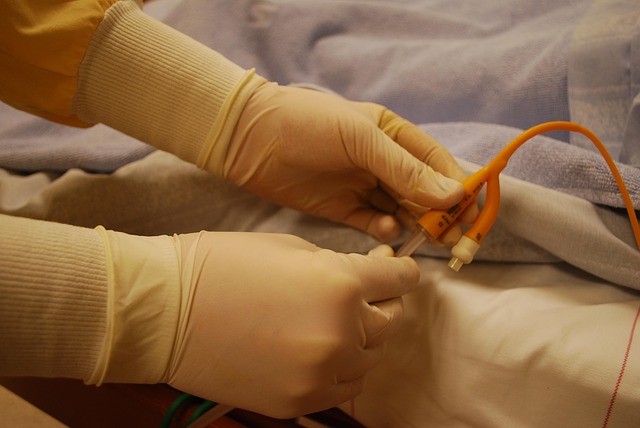Understanding Lung Cancer Treatment Options
Lung cancer treatment involves a combination of medical approaches depending on the stage and type of cancer. Options include surgery, chemotherapy, radiation therapy, targeted therapies, and immunotherapy, all aimed at controlling tumor growth, easing symptoms, and improving quality of life.

What Are the Primary Lung Cancer Treatment Approaches?
Lung cancer treatment is not a one-size-fits-all solution. Oncologists typically develop personalized treatment plans considering multiple factors like cancer type, stage, patient’s overall health, and specific genetic markers. The primary treatment modalities include surgery, radiation therapy, chemotherapy, targeted therapy, and immunotherapy.
Surgical Interventions for Lung Cancer
Surgical procedures remain a critical component of lung cancer treatment, particularly for early-stage cancers. Techniques such as lobectomy, pneumonectomy, and segmentectomy allow surgeons to remove tumors and surrounding tissue. The goal is complete tumor removal while preserving lung function and minimizing potential complications.
Radiation Therapy Options
Radiation therapy uses high-energy radiation to destroy cancer cells and shrink tumors. Modern techniques like stereotactic body radiation therapy (SBRT) and intensity-modulated radiation therapy (IMRT) provide more precise targeting, reducing damage to surrounding healthy tissue. These advanced approaches can be used independently or in combination with other treatment methods.
Chemotherapy and Targeted Drug Treatments
Chemotherapy involves administering powerful drugs designed to kill rapidly dividing cancer cells. Recent advancements have introduced targeted therapies that focus on specific genetic mutations, offering more personalized and potentially less invasive treatment options. These medications can block cancer cell growth and limit the spread of the disease.
Emerging Immunotherapy Approaches
Immunotherapy represents a groundbreaking lung cancer treatment strategy that harnesses the body’s immune system to fight cancer cells. Checkpoint inhibitors and other immunological treatments help activate the patient’s immune response, providing new hope for individuals with advanced or previously treatment-resistant lung cancers.
Treatment Cost Considerations for Lung Cancer
| Treatment Type | Estimated Cost Range | Insurance Coverage |
|---|---|---|
| Surgery | $20,000 - $50,000 | Partially Covered |
| Chemotherapy | $10,000 - $30,000 per cycle | Often Covered |
| Radiation Therapy | $10,000 - $50,000 | Typically Covered |
| Targeted Therapy | $5,000 - $10,000 monthly | Varies by Provider |
Prices, rates, or cost estimates mentioned in this article are based on the latest available information but may change over time. Independent research is advised before making financial decisions.
Conclusion
Lung cancer treatment continues to evolve, offering patients increasingly sophisticated and personalized medical interventions. Successful management requires collaborative efforts between patients, oncologists, and comprehensive medical teams dedicated to delivering optimal care.
Medical Disclaimer: This article is for informational purposes only and should not be considered medical advice. Please consult a qualified healthcare professional for personalized guidance and treatment.




